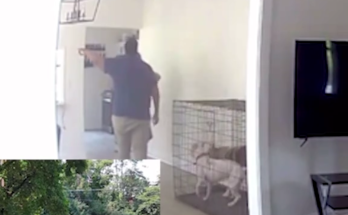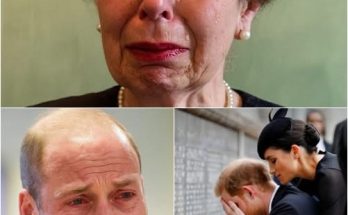The Prodigal Son’s Return: Charles III’s Gambit to Save the Monarchy

The broadcast of King Charles III’s mid-term address on Commonwealth Day was set against the backdrop of an institution reeling from years of intense public scrutiny and internal strife. Observers worldwide anticipated another carefully scripted message of continuity and restraint. Instead, the King delivered a declaration so bold, so unexpected, that it immediately reset the narrative of his reign and the future of the House of Windsor: the full, high-profile reinstatement of Prince Harry, the Duke of Sussex. This move, a masterstroke of political healing, signaled that the King was willing to sacrifice rigid adherence to protocol for the sake of institutional survival.
The rift between the Palace and the Sussexes had dominated global headlines, fueled by tell-all interviews and searing memoirs. Prince Harry, residing thousands of miles away, had become the living symbol of the monarchy’s failure to adapt to modern familial dynamics, his departure leaving a chasm in the public-facing roster of working royals. King Charles III, acutely aware that this public schism was unsustainable, framed his address not as a retreat, but as an act of powerful reconciliation necessary for a unified future.
The shocking element was the nature of the new position. “Effective immediately,” the King pronounced, “I have appointed my son, Prince Henry, as the Royal Envoy for Global Humanitarian and Climate Initiatives.” This was not a minor, ceremonial role; it was a strategically significant portfolio designed to leverage Harry’s renowned popularity, particularly in North America, to tackle the monarchy’s most crucial long-term goals. The appointment came with the full, unconditional restoration of all military titles and patronages that had been previously removed, transforming the Duke from an exiled critic into the most internationally powerful working royal besides the King himself. Crucially, the King specified that while Harry would resume these duties, he would be permitted to maintain his base and primary residence outside the United Kingdom, acknowledging the need for distance and privacy that the couple had always sought.
The fallout was instantaneous. Critics accused the King of weakness, arguing that he had rewarded disloyalty and set a dangerous precedent by allowing a high-ranking royal to operate semi-independently. Yet, supporters lauded the King’s pragmatism. They viewed the decision as a savvy move to bring Harry’s unique global appeal back under the umbrella of the Firm, harnessing his star power to advance genuine philanthropic causes. This reconciliation was less about familial forgiveness and more about political necessity; by leveraging his son’s soft power, King Charles III had effectively stabilized a crumbling public image and strengthened the Commonwealth’s connection to younger generations.
King Charles III’s decree was a calculated gamble that dramatically altered the royal landscape. By bringing Prince Harry back into the fold, the King demonstrated an uncharacteristic willingness to pivot away from tradition. The move effectively ended the family feud, consolidated the core working roles, and—most importantly—secured a vital link to the international public, ensuring the institution’s continued relevance in a world that demands both transparency and service.


